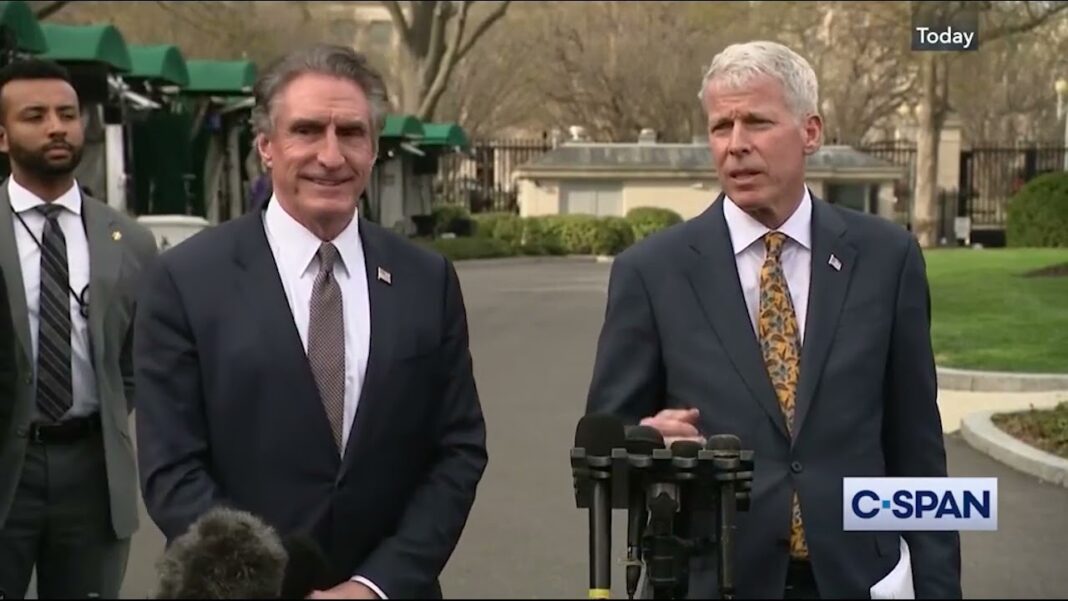The market-moving news comes nearly four months after Trump announced a historic $100 billion U.S. investment by TSMC, the largest in U.S. history.
The Taiwan Semiconductor Manufacturing Company (TSMC) announced on July 17 that it is accelerating production at its Arizona semiconductor facility by several quarters, driven by “explosive growth” for artificial intelligence (AI) from U.S. and other global customers.
The market-moving news comes nearly four months after President Donald Trump joined TSMC CEO C.C. Wei at the White House to announce a historic $100 billion investment by TSMC in its Arizona-based semiconductor chips manufacturing operation—the largest foreign direct investment in U.S. history.
Since then, TSMC has announced that it has increased its U.S. investment to more than $165 billion—including plans to build six manufacturing fabrication (fab) plants in Arizona, two packaging facilities, a research and development (R&D) center, and specialty fabs in Japan and Germany—and has expanded capacity in Taiwan.
Regarding the company’s U.S. operations, Wei stated during its second-quarter earnings call that the first fabrication plant in Arizona has already achieved high-volume production in the fourth quarter of 2024, using the company’s advanced nanometer technology to produce results comparable to those of the company’s fab operations in Taiwan. The construction of the second fab, which will utilize even more advanced nanometer-scale process technology, is now complete, he said.
“We are seeing strong interest from our leading U.S. customers and are working on speeding up the volume production schedule by several quarters to support their needs,” said Wei.
“The construction and ramp schedule for those fabs will be based on our customers’ need. Our expansion plan will enable TSMC to scale up to a detailed fab faster in Arizona to support the needs of our leading-edge customers in smartphone, AI, and high-performance computing (HPC) applications.”
Along with the company’s U.S. expansion, Wei told Wall Street analysts that recent developments are positioned to meet the long-term demand outlook for AI globally. He pointed out that despite uncertainties and risks from potential U.S. tariff policies, any negative effects will be short-term, and “demand for semiconductors is very fundamental and will continue to be robust.”
“The explosive growth in token volume demonstrate increasing AI model usage and adoption, which means more and more computation is needed, leading to more leading and silicon demand. We also see AI demand continuing to be strong, including the rising demand from sovereign AI,” said Wei.
By Wesley Brown







